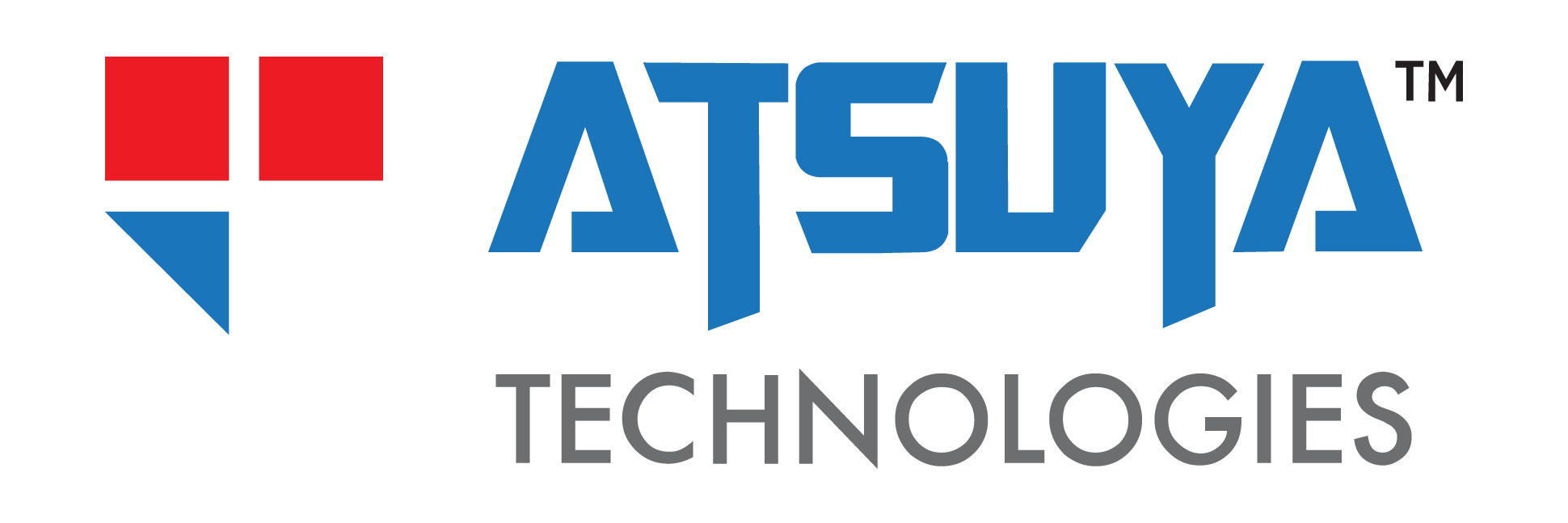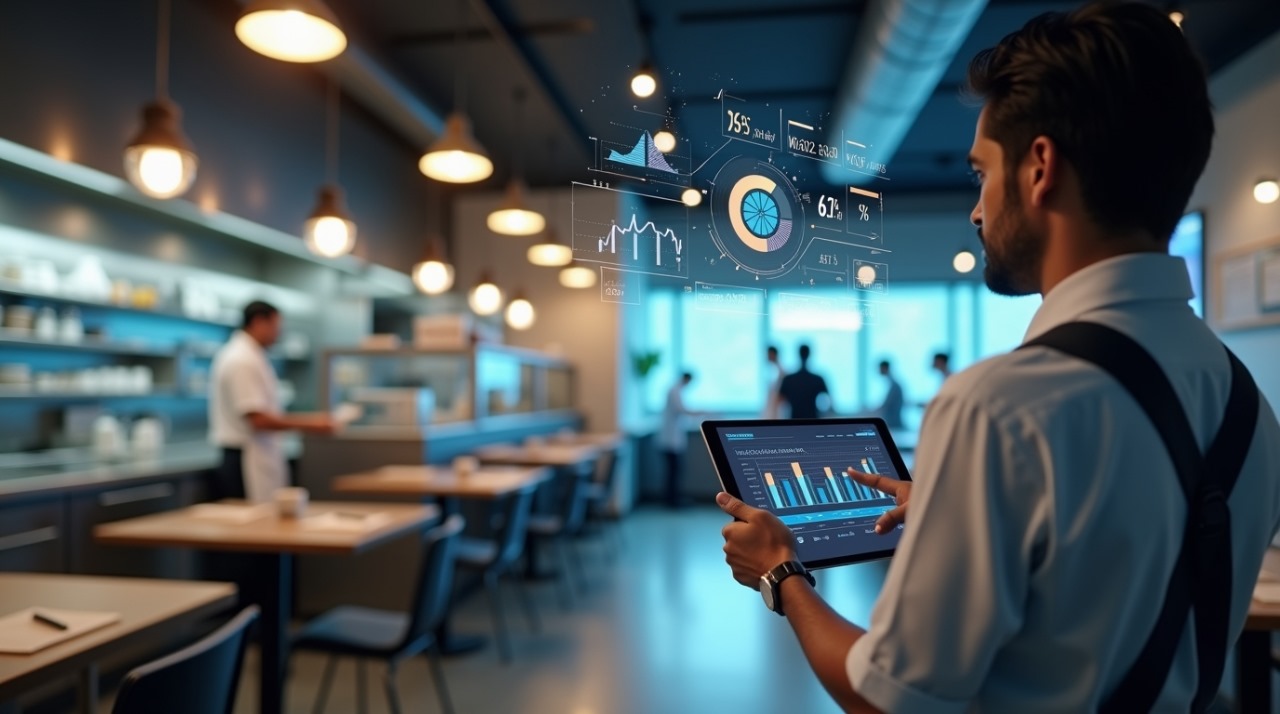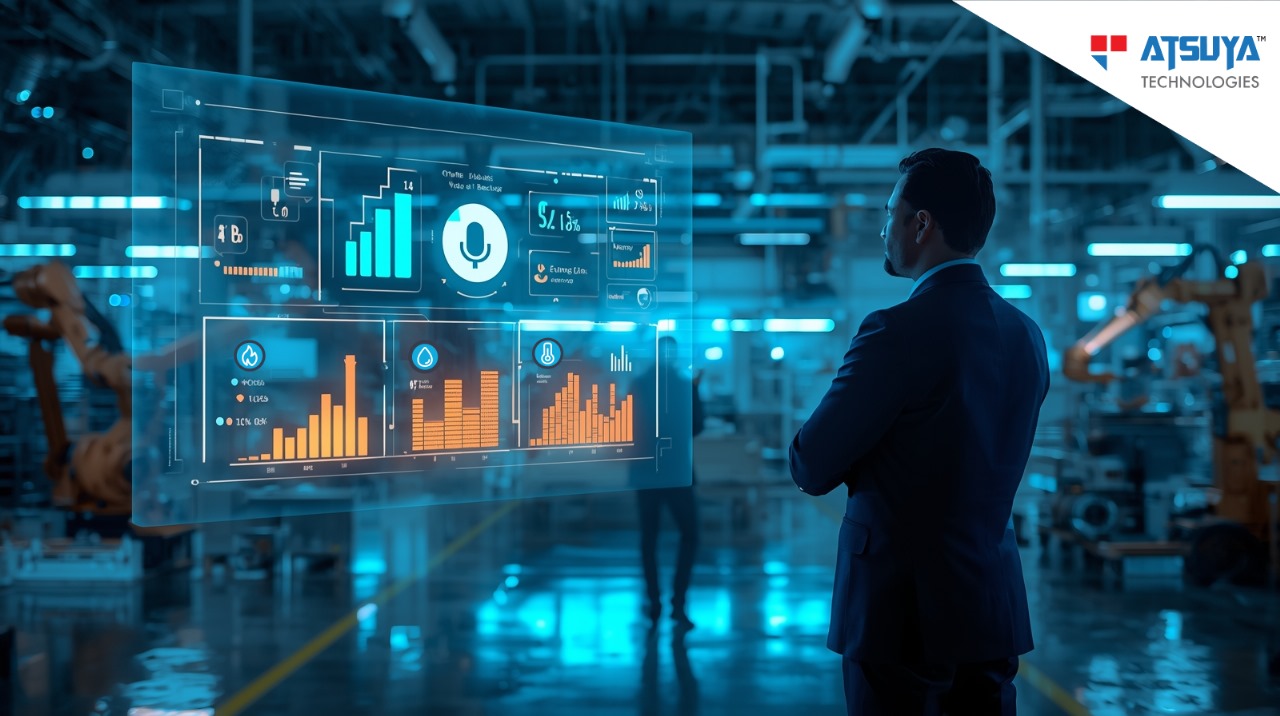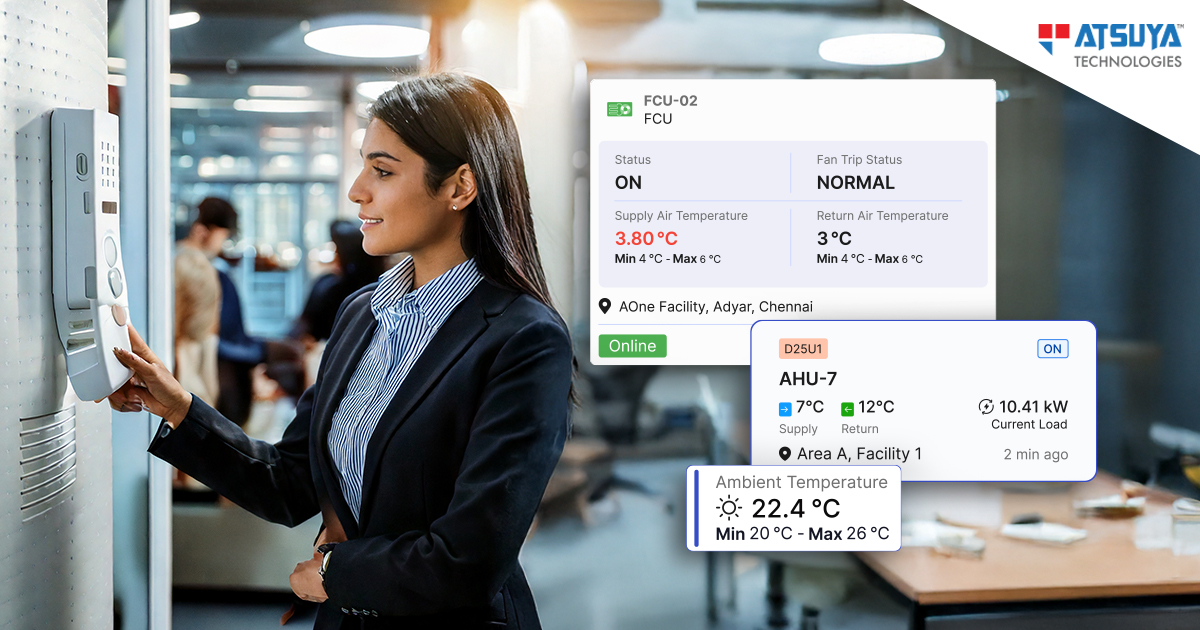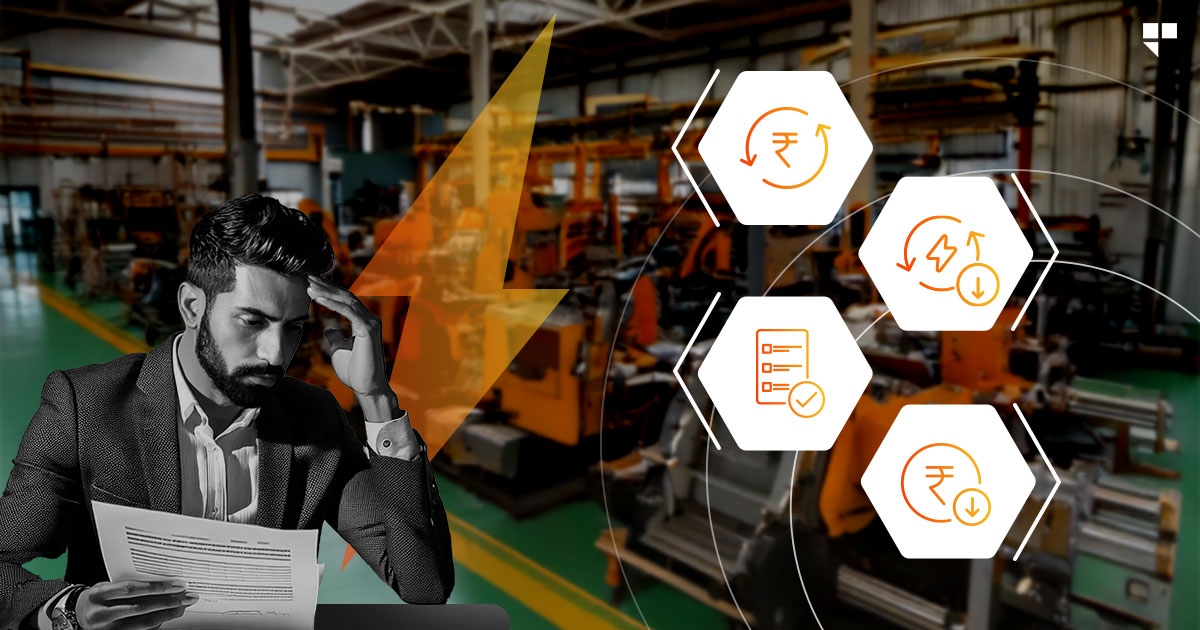
That which happens uninformed is an accident. With India being poised as the next big economic engine, there is an increase in consumption, and city administrations are grappling to maintain adequate infrastructure to cater to the basic needs of the citizens.
The rise of commercial and residential real estate has brought its own challenges, particularly with regard to safety and sustainability. In recent years, there has been an increase in fire accidents across commercial establishments, highlighting the need for an informed and technology-enabled disaster management system.
One of the challenges facing real estate firms is the need to provide comfort and safety to their dwellers. With increasing optimisation in space utilisation, per capita space availability is reduced, making it challenging for real estate firms to ensure the safety of their occupants. Technology intervention, such as building management systems (BMS), fire safety systems, and smart meters, can help address this gap by providing relevant compliance and initiating appropriate alerts to minimise the impact of accidents.
While technology intervention has brought utility management to the palm of our hands, compliance at each stage is often overlooked. For example, in many high-rise buildings, the DCP (Direct Chemical Powder) extinguishers have broken pins or are expired, and sprinkler systems are never activated to test their functionality. Fire drills are conducted to ensure occupants are alert and can act instantly in case of a calamity. But the real need is to determine how effective the fire hydrant systems, DCPs, and alarm systems are and how connected they are to the nearest state agency.
Thankfully, India’s startup ecosystem has produced sizeable AI and deep tech firms that are addressing some of the unique problems in the industrial space. The advent of the Internet of Things (IoT) has made compliance and control accessible with just a tap on a mobile device.
Digital compliance can help us make informed decisions to avert such accidents, and data-driven analysis helps with better disaster response. COVID-19 management through a digital compliance mechanism has resulted in better patient management and effective use of shared medical infrastructure at very economical costs. The use of IoT devices and networking them with available infrastructure can effectively help in managing crises.
IoT is essentially collective input for productive action. Corporations and large commercial/residential societies can explore the use of IoT-enabled grid-based disaster management systems to manage facilities and maintain required compliance. By leveraging technology and implementing smart systems, we can help ensure the safety and well-being of our citizens and the sustainability of our cities.
